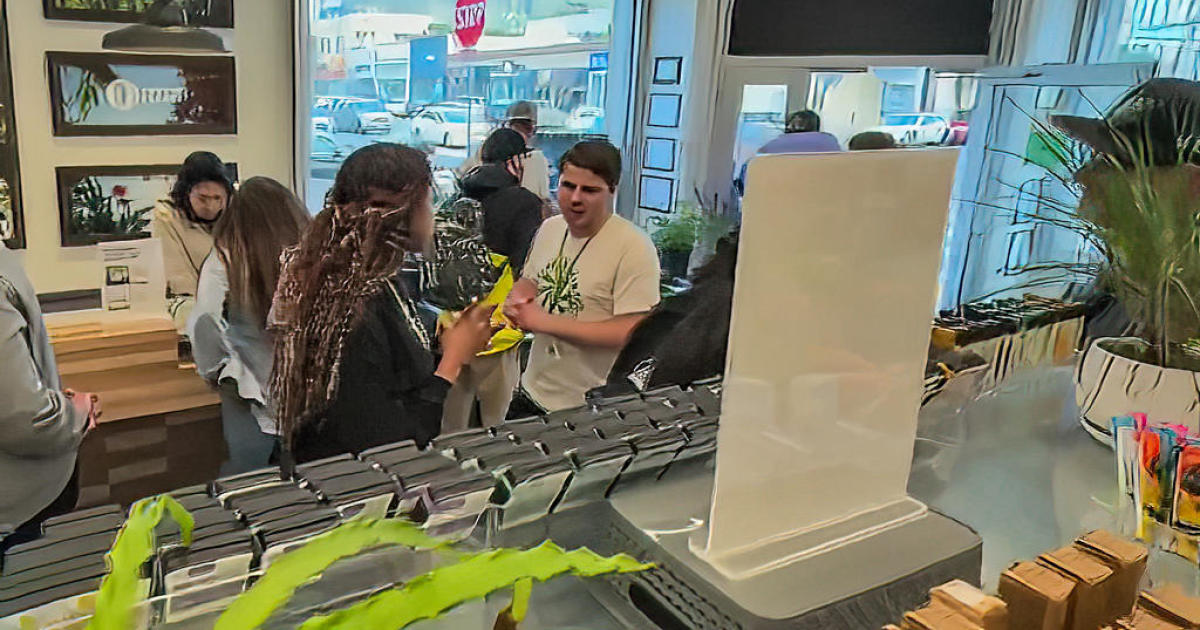5 Simple Tips For A Greener Neighborhood
By Lori Melton
Going green is good for the environment and can also have great personal benefits. Once you and your family are actively taking steps to reduce waste, conserve energy, reduce pollution, reuse, and recycle, it can rewarding to think outside the boundaries of your own home and find ways to help your neighborhood get on the green bandwagon. Check out these five simple tips for creating a greener neighborhood.
Raise Awareness And Spread The Word
By now, most everyone has been exposed to the concept of "going green." Unfortunately, many people still don't understand it or think it's too time-consuming to get involved. The first and most important thing you can do to help your neighborhood go green is to explain the process to your neighbors. Make them aware of the ecological and personal benefits associated with becoming committed to leading a greener, more sustainable life. You could organize a meeting, do a Facebook Live or YouTube video and share it on a neighborhood website or social page. You could even open up your home for a casual information share meeting. Once your neighbors understand what "going green" really means and they get excited to join in, you are well on your way to fostering a greener community.
Grow A Community Garden
Growing a community garden which everyone in your neighborhood cares for has many ecological and social benefits. Composting saves on landfill space. Garden-fresh fruits and vegetables - picked and consumed within your community help cut down on food packaging, promote heathier eating habits, reduce food insecurity and reduce grocery bills. Plus, farming in smaller spaces helps reduce soil erosion that occurs on giant farms. It also promotes a sense of community, with everyone working together to produce crops.
Organize A Community Clean-Up Day
Reducing waste and pollution are two key components of going green. Organizing a community clean-up day not only enhances the beauty of your environment, but helps decrease pollution. Obviously, any trash and debris that is found should be recycled, if appropriate. Overall, getting rid of trash scattered in your neighborhood or surrounding community helps neighbors work together to show commitment and a sense of pride in the space around them and the intrinsic rewards associated with this kind of achievement are immeasurable.
Set Up A Neighborhood Swap Meet
Swapping or trading your unwanted items for items you need or want helps reduce waste targeted for landfills and reduces the energy and resource consumption you would expend on going to buy new stuff. If you have a neighborhood association or Facebook site, you can set up a designated neighborhood swap meet day. The sky is the limit on what you can swap – anything from clothes, to books, to tools, garden veggies and more. Think about how great it would be to declutter your closets, basement and garage and maybe pick up a blender you've always wanted – for free – in the process!
Retain Grass Clippings To Enrich Soil
Instead of hauling away your grass clippings, consider using them to spread on your lawn to recycle their nutrients. Per, TheSpruce.com, the nutrients in the clippings help reduce your need for chemical fertilizers because they are especially rich in nitrogen, which acts as a "slow-release" fertilizer. Be sure and share this tip with your neighbors, so they can reap this benefit in their yards too.



